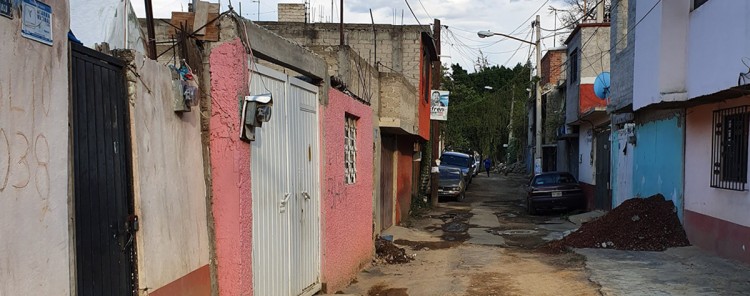Spheres of engagement
CURE brings together diverse stakeholders – Cities, Community organizations, Colleges/Universities, and Corporates – to engage in 4 pillar activities.

Transformative learning experiences for future leaders
Providing unprecedented opportunities for a diverse group of students to start their careers with a meaningful project, which can help them become leaders in resilience building in communities in their countries. Each project will be overseen by scholars at partner universities, who will collaborate with each other to create impactful works of research-based practice, designed for broad distribution.

Capacity development
Aimed at helping develop resilience thinking and/or specialized skills among professionals working for or in cities.

Basic & responsive research
Providing a platform to connect faculty and students across disciplines and universities to engage in transdisciplinary research that is fundamental and, at the same time, responsive to needs faced by cities and communities.

Knowledge exchange
Curation of case studies on innovations focused on enhancing the resilience and effectiveness of cities, with an aim to develop evidence-bases metrics and indices to guide investment decisions.

-
Have a project or idea?
Let's collaborate.


